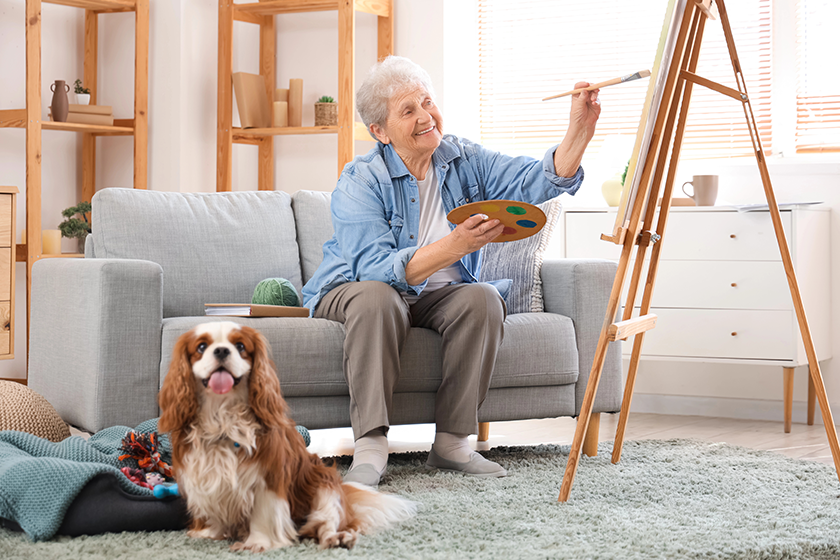How Senior Care Handles The Challenges Of A Limited-Mobility Lifestyle

Aging often brings changes to physical abilities, making daily tasks more complex for individuals with limited mobility. Senior care plays a pivotal role in addressing these challenges by creating supportive environments and offering personalized solutions. By focusing on accessibility, wellness, and emotional support, senior care empowers individuals to maintain their independence and dignity, even when mobility becomes restricted.
Creating Accessible Living Spaces
Senior care supports individuals with limited mobility by adapting living spaces for better accessibility. Features like handrails, ramps, and stairlifts make movement safer. Open layouts and wider doorways accommodate wheelchairs or walkers, reducing physical strain and fostering confidence in daily activities.
Senior care providers also prioritize bathroom and kitchen accessibility, as these are common areas where limited mobility can pose significant challenges. Features such as grab bars, non-slip flooring, and height-adjustable fixtures allow residents to perform essential tasks with ease and dignity.
Personalized Mobility Assistance
Mobility challenges often require a hands-on approach, and senior care offers personalized assistance tailored to each individual’s needs. Skilled caregivers provide physical support during activities such as bathing, dressing, or transitioning between rooms. By fostering trust and respect, caregivers help seniors maintain a sense of control over their routines.
Beyond physical assistance, caregivers also offer emotional reassurance, reducing anxiety about mobility limitations. This compassionate approach encourages seniors to remain active and engaged in their daily lives, despite the obstacles they face.
Encouraging Physical Activity and Wellness
Staying active is vital for individuals with limited mobility, as regular movement helps prevent further physical decline. Senior care incorporates gentle exercises and therapy sessions designed to strengthen muscles, improve balance, and enhance overall well-being. Programs like chair yoga, aquatic therapy, and guided stretching provide low-impact options for maintaining mobility and independence.
These activities not only improve physical health but also boost mental and emotional well-being. Feeling capable and involved in their care allows seniors to maintain a positive outlook, which is essential for overall quality of life.
Fostering Social Connections
Mobility challenges can sometimes lead to isolation, which significantly impacts mental health. Senior care addresses this by creating opportunities for social interaction within communities or through facilitated visits with family and friends. Group activities, such as arts and crafts or shared meals, foster a sense of belonging and connection.
Senior care environments often offer virtual platforms that help seniors stay connected with loved ones, especially when travel is challenging. This focus on social engagement helps reduce loneliness and keeps emotional support accessible.
Adapting to Changing Needs
Limited mobility can evolve, requiring adjustments to care plans. Senior care providers continuously assess and adapt their services to meet these changing needs. Whether it involves introducing new equipment, increasing caregiver support, or revising activity schedules, the goal is to ensure each individual receives comprehensive and compassionate care at every stage.
Supporting a Fulfilling Lifestyle for Residents with Limited Mobility
Addressing the challenges of limited mobility requires a thoughtful approach that prioritizes accessibility, personalized care, and social connection. In our retirement community, we are dedicated to creating an environment where residents can thrive regardless of mobility limitations. From thoughtfully designed living spaces with handrails and non-slip flooring to personalized mobility assistance and adaptive activities, we focus on empowering residents to maintain independence and dignity in their daily lives.
Our team is committed to fostering a supportive and inclusive atmosphere that promotes physical well-being and emotional connection. Through tailored programs like gentle exercises and group activities, residents can stay active, engaged, and socially connected. By adapting care to meet evolving needs, we provide the foundation for a fulfilling lifestyle where challenges are met with compassion and solutions. Contact us to learn how our retirement community can support your loved ones in living comfortably and confidently every day.
